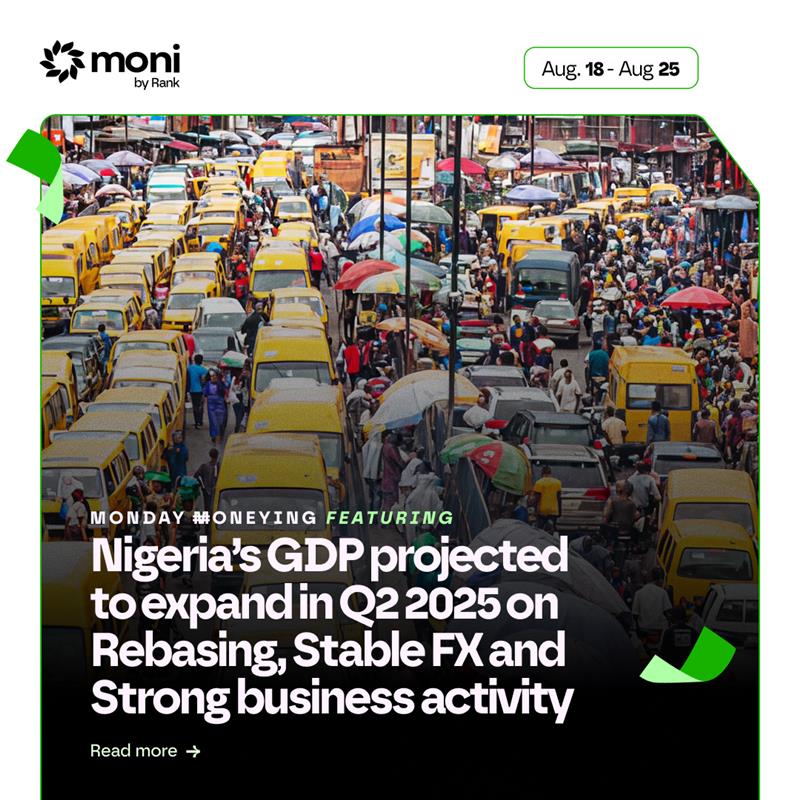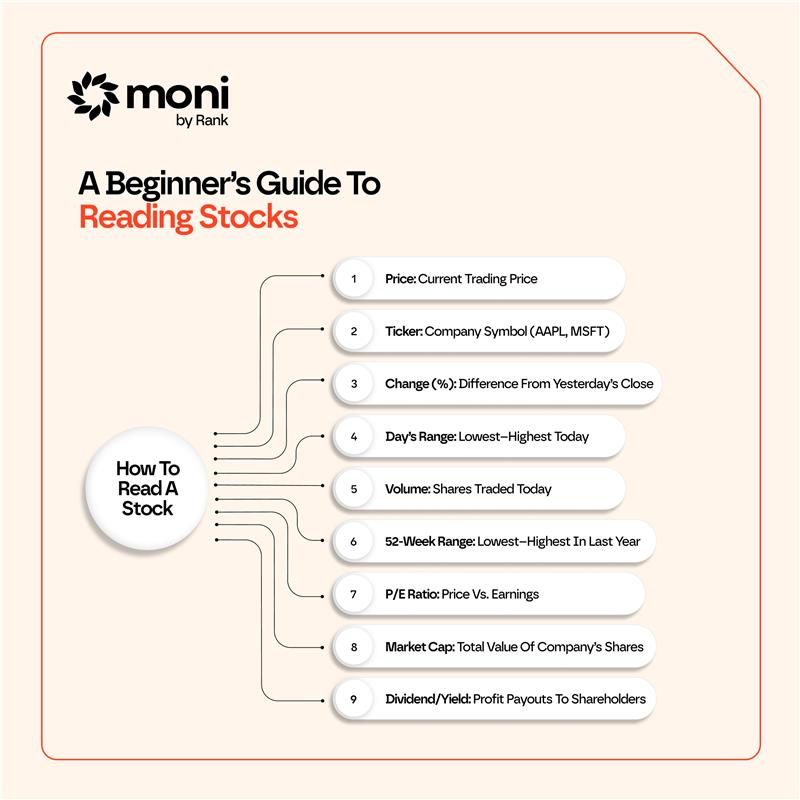Have you taken a look at your bank balance at the end of the month, and wondered, “Where did all my money go?” If so, you’re not alone.
For many people, especially those living in bustling cities like Lagos, the idea of creating and sticking to a budget can seem overwhelming or even unnecessary. But in reality, tracking your monthly expenses is one of the most effective ways to gain control over your finances, reduce financial stress, and build a more secure future.
With the increasing adoption of cashless transactions in Nigeria — thanks to the convenience of credit and debit cards, mobile banking, and contactless payments — it is easier than ever to lose track of your spending. The convenience of swiping your card or tapping your phone for every purchase might feel seamless, but it can also make you overlook how much you’re spending. By the time the month ends, you might be faced with a bank statement that leaves you scratching your head, wondering how the figures added up so quickly.
Without a clear understanding of where your money is going, it’s easy to fall into the trap of overspending, accumulating debt, or even worse, being caught unprepared by an emergency expense. This is why tracking your expenses isn’t just a good financial habit — it’s a necessary one for anyone who wants to build a solid financial foundation.
Why Is Tracking Your Spending Important?
Tracking your expenses goes beyond simply knowing where your money is going. It’s the first step toward taking control of your financial life. By keeping an eye on your spending, you can identify patterns and habits that might be draining your finances. For example, you might discover that a significant portion of your income is going towards dining out, online shopping, or entertainment — expenses that could be reduced or reallocated to more important financial goals, like saving for a down payment on a house or building an emergency fund.
In Nigeria, where the cost of living can vary greatly depending on your location, tracking your expenses is particularly important. The price of essential goods and services, from foodstuffs to transportation, can fluctuate due to factors like fuel scarcity, exchange rates, and seasonal demand. By tracking your spending, you gain a clearer understanding of your financial situation, allowing you to make informed decisions that can help you navigate these challenges.
Moreover, tracking your spending helps you prioritize your expenses. It enables you to differentiate between needs and wants, ensuring that you’re not overspending on non-essential items while neglecting more important financial obligations. For instance, by tracking your expenses, you might realize that you’re spending a significant amount on luxuries like designer clothes or premium subscriptions, which could be redirected to savings or paying off debt.
Understanding your spending habits also allows you to set realistic financial goals. Whether it’s saving for your children’s education, investing in a business, or planning for retirement, tracking your expenses provides you with the data you need to create a financial plan that aligns with your long-term objectives. This level of financial awareness is key to achieving financial independence and reducing the stress that comes with living paycheck to paycheck.
Tools to Track Your Spending
If you’re more comfortable with a hands-on approach, using a spreadsheet is a great alternative. With a spreadsheet, you can create your own budget template, customize categories, and manually input your expenses. While this method requires more effort, it offers greater flexibility and control over how you organize and analyze your financial data.
You can find a variety of free budget templates online or create your own using software like Microsoft Excel or Google Sheets. The key is to consistently update your spreadsheet with your daily expenses and review it regularly to ensure you’re staying on track.
If you prefer a more traditional approach, there’s nothing wrong with tracking your expenses using pen and paper. This method can be as simple as keeping a daily log of your spending in a notebook or using a dedicated expense-tracking journal. The simplicity of this method can also make it easier to stay consistent, especially if you’re someone who enjoys the tactile experience of writing things down. Plus, manually tracking your expenses can help reinforce the habit of mindful spending, as you’re more likely to remember and reflect on each purchase when you physically record it.
6 Easy ways to track your Monthly Expenses
Getting started with expense tracking doesn’t have to be complicated. Here are some practical steps to help you begin!
1. Review Your Account Statements
Start by taking a close look at your bank account and credit card statements from the past few months. This will give you a clear picture of your spending patterns and help you identify areas where you might be overspending. Pay attention to both your fixed expenses—like rent, utilities, and loan payments—and your variable expenses, such as groceries, transportation, and entertainment.
By reviewing your statements, you can also identify any recurring payments that you might have forgotten about, such as subscriptions or memberships. These can add up over time, so it’s important to account for them in your budget.
2. Categorize Your Expenses
Once you have a list of your expenses, categorize them into different groups, such as housing, transportation, food, entertainment, and savings. This will help you see where your money is going and identify areas where you can cut back.
For a more detailed analysis, consider breaking your expenses down into needs, wants, and savings/debt repayment. This method, known as the 50/30/20 budget, is a popular way to allocate your income: 50% for needs (essential expenses), 30% for wants (discretionary spending), and 20% for savings and debt repayment. This approach can help you prioritize your spending and ensure that you’re making progress to your financial goals.
3. Set a Budget
After categorizing your expenses, the next step is to create a budget. A budget is a plan for how you will allocate your income to cover your expenses while also saving for the future. By setting a budget, you can take control of your finances and make sure you’re living within your means.
There are different budgeting methods to choose from, so it’s important to find one that works best for you. The 50/30/20 budget is a good starting point, but you might also consider other methods, such as zero-based budgeting (where all your money is allocated to a specific expense or savings goal) or the envelope system (where you set aside cash for each category and spend only what’s in the envelope).
4. Track Your Spending
With your budget in place, it’s time to start tracking your spending. Make it a habit to record every expense, no matter how small, and compare your spending against your budget at the end of each week or month. This will help you stay accountable and ensure that you’re sticking to your financial plan.
If you find that you’re consistently overspending in certain categories, take a closer look at your spending habits and see if there are any adjustments you can make. For example, you might need to cut back on dining out, reduce your entertainment expenses, or find ways to lower your utility bills. Tracking your expenses can be challenging at first, but with the right mindset and a few practical tips, you can turn it into a rewarding habit:
5. Make It a Routine
Set aside time each day or week to review your spending and update your budget. The more consistent you are, the easier it will become. You can use reminders or alerts to prompt you to log your expenses, especially if you’re using a money app. This will help you stay on track and avoid falling behind.
6. Track, Learn and Adjust
Tracking your expenses is a marathon, not a sprint. Celebrate your progress along the way, whether it’s sticking to your budget for a month or reaching a savings milestone. If you slip up and overspend, don’t get discouraged. Use it as an opportunity to learn and adjust your budget as needed. The goal is to improve your financial habits over time, not achieve perfection overnight.
Moni can help!
A Moni account makes it easier than ever to track your expenses and stay on top of your money! With Moni’s automated savings feature, you can set aside funds effortlessly while earning competitive interest (up to 21% interest) on your savings. Sign up here to get a Moni account.



